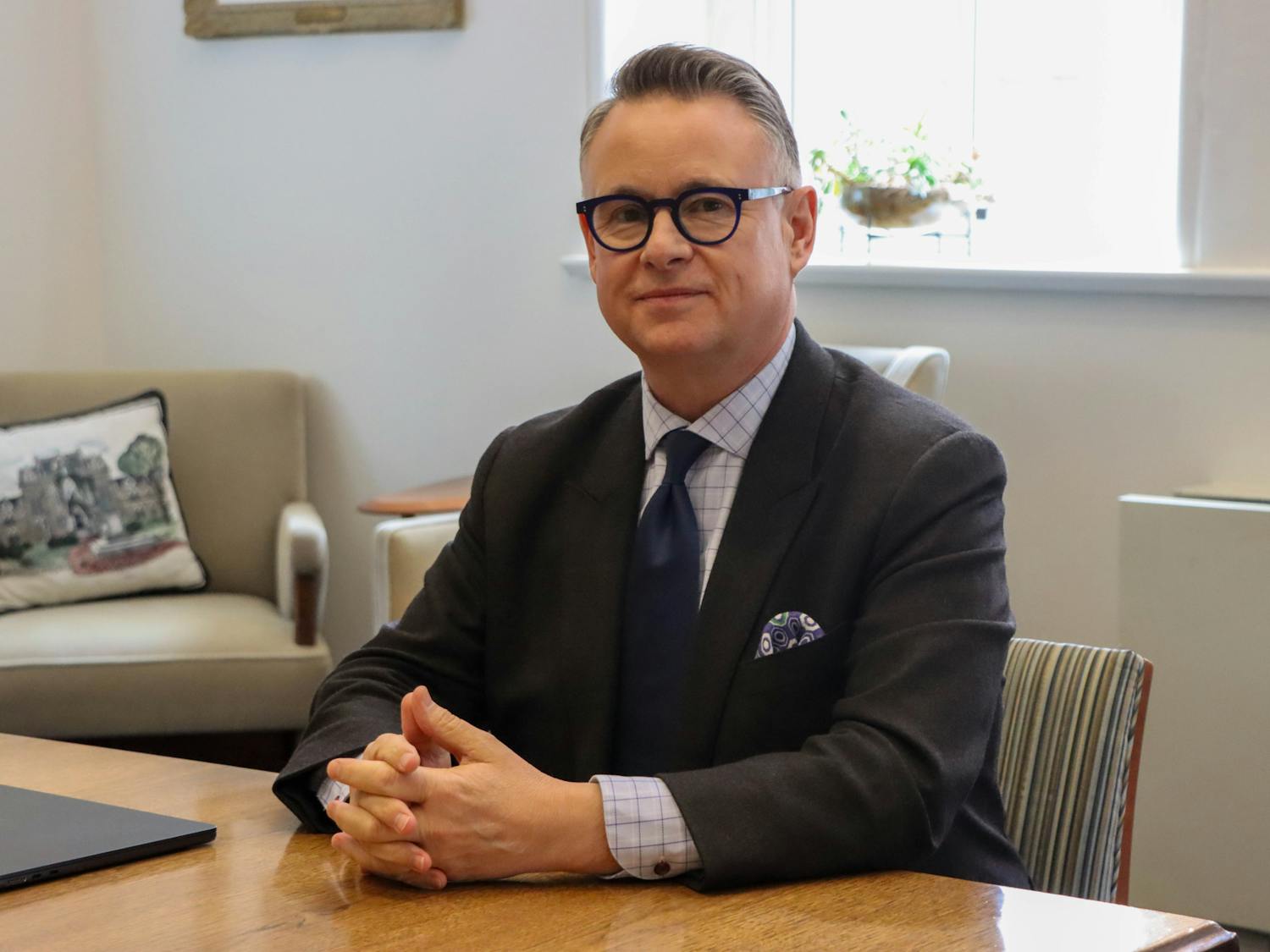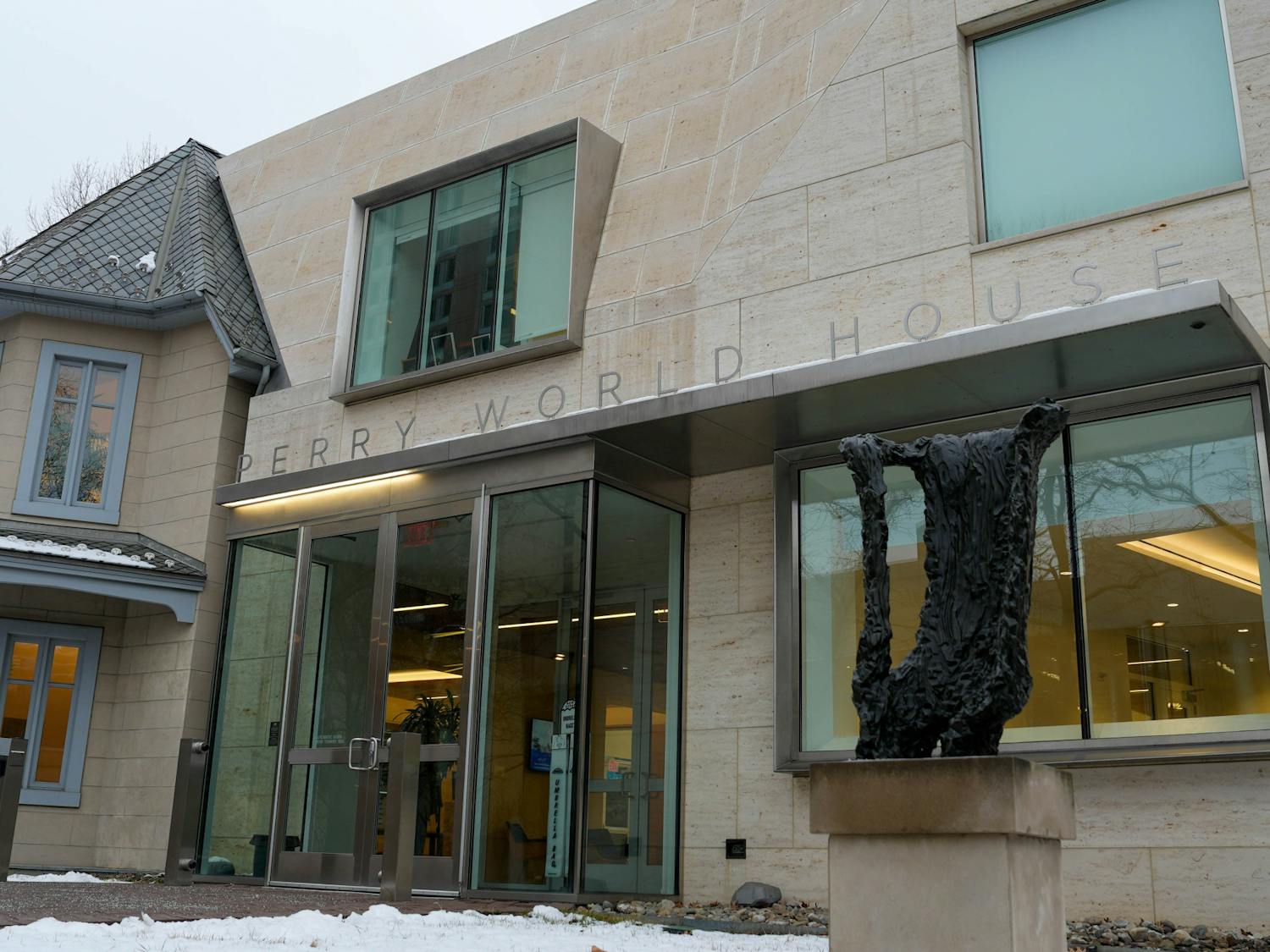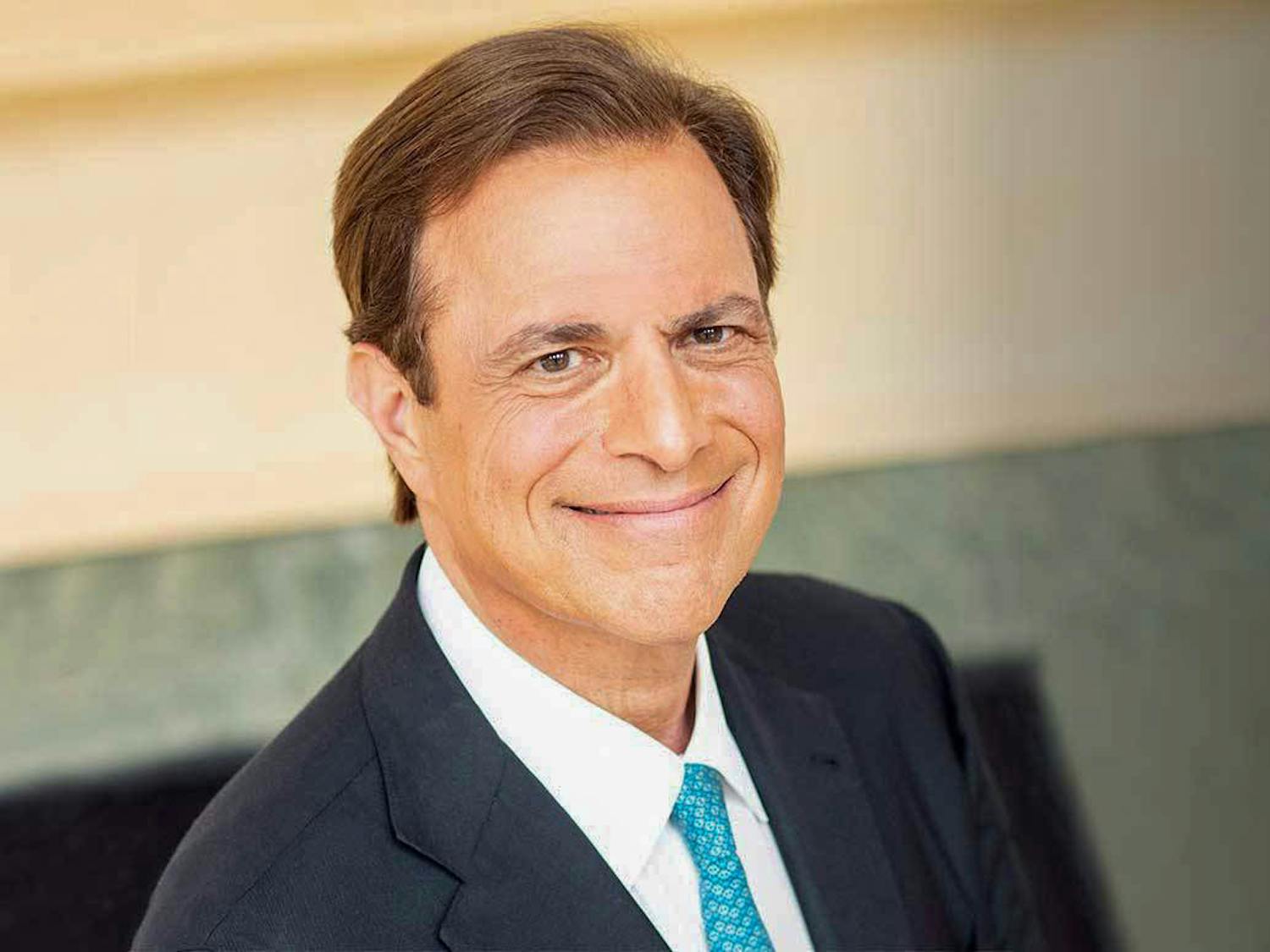With half a year behind them, Penn’s religious organizations are preparing for the second leg of this year’s White House Interfaith and Community Service Campus Challenge.
The challenge began as a recommendation by a White House Faith Advisory Council for ways President Barack Obama could use his office to promote faith issues, said Mary Ellen Giess, director of campus partnerships for Interfaith Youth Core.
IFYC, an “active partner” in the creation of the challenge, hopes this kind of national accreditation will move interfaith cooperation “from a niche to the norm,” Giess said.
Last June, Programs in Religious, Interfaith and Spirituality Matters submitted an application to the White House Office of Faith-Based and Neighborhood Partnerships. Nearly 270 other colleges and universities are also participating nationwide.
So far, the challenge has led to the creation of many service initiatives at Penn, both on and off campus.
Two of the most anticipated events were the fall and spring interfaith service weekends. For the fall weekend, over a hundred students from Penn Hillel, Penn Newman Center, the Hindu Student Association and other groups volunteered by planting trees, cleaning public spaces and painting murals in the city.
The spring service weekend will likely be held sometime in April, according to University Chaplain Chaz Howard.
Other ongoing and future events include PRISM’s series of monthly dinners on interfaith discussion. Also part of the initiative, Hillel and the Fox Leadership Center sponsored an alternate spring break trip to New Orleans.
Additionally, a new course called “I Believe — Interfaith in Action” was offered in the Anthropology department this spring. “I Believe” began as an extracurricular activity and became a class last December when the Office of the Chaplain sent the mid-year progress report to the White House.
The class aims to “complement religious studies, learning different faiths and actually going out and getting your hands dirty,” Howard said.
In May, the Office of the Chaplain and Penn President Amy Gutmann will coauthor a final report to the White House, including summaries and photographs of the various events held in the spirit of the challenge.
When the challenge ends, however, there won’t be a pot of gold awaiting Penn’s religious organizations. The program’s formal White House recognition offers more in the way of mutual support and information sharing among participating schools than tangible rewards.
“It’s important that the motivation behind the challenge isn’t to win anything,” Howard said. “If they had offered a winning campus prize, it would have cheapened it.”
Essentially, he added, the point of the challenge “is getting these [participating] university administrations to recognize the great work that campus ministries are doing already.”
College junior and CHORDS Chairwoman Allie Fuchs, who has been active in coordinating several interfaith events this year, believes the challenge itself is an incentive, not the chance of winning.
“The saying, ‘It’s not about whether you win or lose but how you play the game,’ is really what we’re striving for,” she said.
“The fact [President Obama] has been talking about interfaith issues was like a reality check,” she added. “Penn has been doing this for a while at a level many people on campus didn’t know about.”
While a sequel to the yearlong challenge is still pending for next year, Howard said he would certainly hope for Penn to enter it again.








